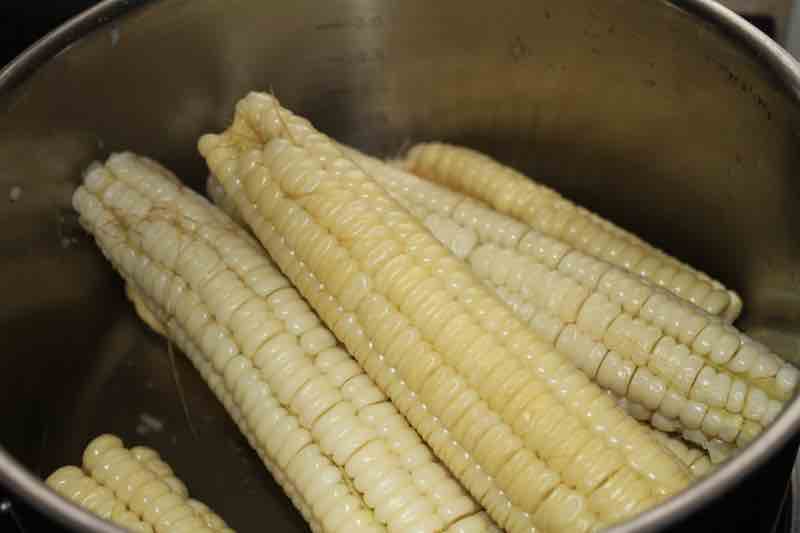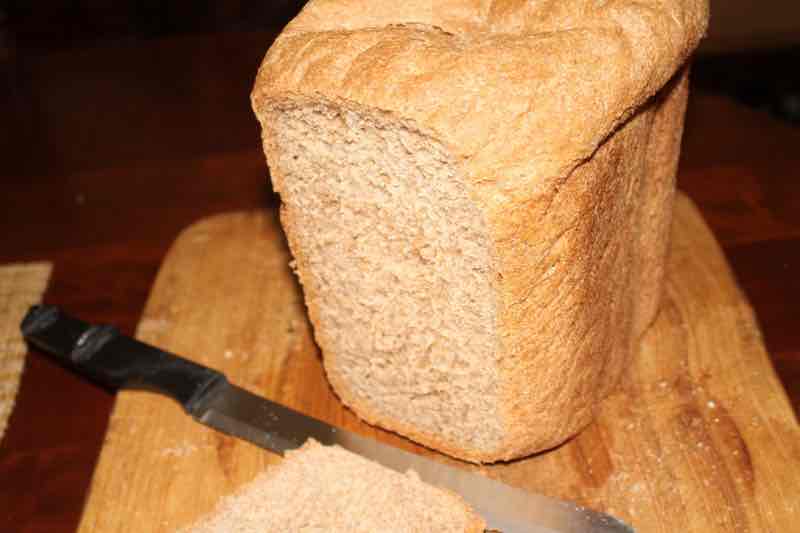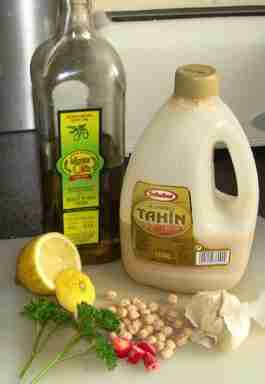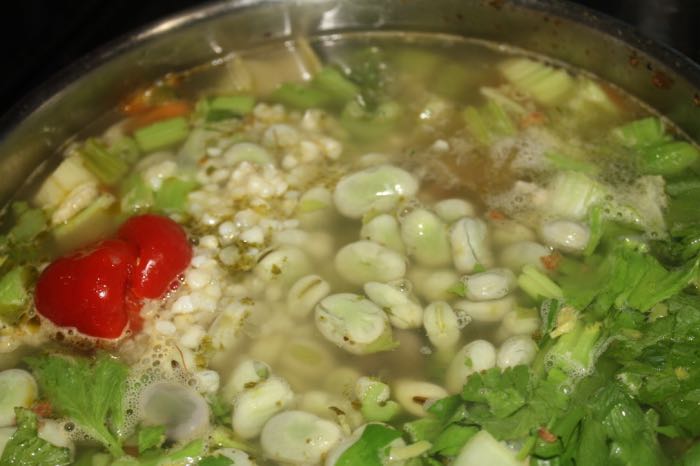- Homepage
- Our green garden
- Chew Your Food Thoroughly
Chew your food thoroughly
Chew your food thoroughly for better digestion and surprisingly less weight gain.
Word games have many benefits; one for me was the discovery of what it means to “fletcherise."
It was first coined after a man called Horace Fletcher. He recommended chewing each mouthful 32 times and Wikipedia says even up to 100. He became known as “The Great Masticator.”
There is nothing new under the sun; and food faddism certainly goes back into antiquity. One of his interesting phrases was that fletcherising would turn a “pitiable glutton into an intelligent epicurean.” Another was "don’t eat until you are good and hungry.”
He had a good many followers including John Rockefeller, Henry James and Mark Twain; and even more critics, some of whom were unjust and their complaints unfounded. One was that chewing food so much turned it into a liquid diet, reducing the bulk and fibre which would cause constipation; that's absolute nonsense.
We can spend some time cogitating on these matters; chewing the cud so to speak and come to our own conclusions.
 The magnificent mealie
The magnificent mealieI have noticed though, fascinated as I am by whole grains that eating a mealie takes up to ten minutes and that each mouthful does indeed need thirty or more chews; that is perhaps one of the reasons why few people still enjoy corn on the cob with any regularity. It just takes too darn long to finish.
During chewing the particle size of our food is reduced by the teeth and tongue; and very significantly is mixed with an enzyme called amylase in the saliva. Researchers have shown that up to 43% of the starch is broken down to glucose and short chains of starch in the mouth when we fletcherise. That means an early release of sugars into the blood stream with signals to the brain by a hormone called leptin that we have had enough to eat.
We feel fuller sooner; and are less hungry. Whole grains provide "satiety."
Delaying meals also has some virtues. Researchers have found that the obese will actually lose weight if they practise what is called “intermittent fasting.” It’s done by increasing the time between supper and breakfast. Even though we eat exactly the same food, less of it ends up in the wrong places.
Japanese researchers have found that the more we chew our food, the less likely we are to become diabetic; and this despite the fact that more nutrients are actually absorbed if we fletcherise.
Chewing of course is also one form of exercise.
"Studies have shown that common additives in Ultra Processed Foods such as artificial sweeteners, coloring agents and emulsifiers may adversely affect the gut, including intestinal permeability and inflammation; and the microbiome."
Whole grains
A slice of this loaf of sourdough bread, baked with whole grains certainly requires more chewing; however it's not heavy like a German roggebrod.

The material expressed on this page is gleaned from the nutritional and environmental literature; it is clearly referenced. A plain distinction is made between the author's opinion and that which is scientifically proven. When in doubt consult your health professional.
To suggest a correction or clarification, write to Dr Bernard Preston here. Contact.
There is other interesting research done in Sweden that found a correlation between chewing ability and cognitive impairment. However there was no difference whether the people chewed with natural teeth or with prostheses; or in fact if they had lost their fangs altogether.
Not chewing our food for any reason will mean an premature decline into senility. It is scary that 1 in 9 Americans over 65 now have Alzheimer’s disease. They eat less than half the recommended amount of fibre, munch fewer times and lose their marbles sooner. I suspect it is little different in South Africa.
It’s time to plant broad beans, a very rich source of fibre and yes they are chewy; but fresh and young, so tasty. A very enthusiastic group of “broads” as they call themselves recently came to our green home; they are setting out a row or two of these precious legumes in their own gardens. The poet Yates would have been disdainful; you also need a hive for the honeybee.
The cancer association recommends eating a whole grain and a legume at every meal. That’s a bridge too far for most of us; but how about a mealie and a helping of broad beans or lentils just once a day?
What is a lignan? Every woman needs to know something at least about them; they more than halve the likelihood of succumbing to a malignant breast tumour. Whole grains and legumes are rich sources; flax and sesame seeds come out tops. Hummus is an excellent example; chickpeas and a tahini paste.
 Make hummus in just five minutes.
Make hummus in just five minutes.Men too need to know about lignans. It will demand more chewing but less tumours down yonder; and worse the consequent impotence.
In short whole foods are chewy.
 Holy grail soup with added corn and broad beans.
Holy grail soup with added corn and broad beans.There is no question of it; growing and enjoying your own fresh food
takes time. But the meals are far more tasty and the savings in these
testing times run into very large sums. If we include the natural honey from our hives it comes to at least R10,000 per month; that's not to be sneezed at.
The largest contribution to our prosperity of course though in greatly reduced medical bills and a longer active life.
It’s time to get the winter garden established whilst the weather is still warm; radishes, kale and broad beans. Green peas, lettuce and broccoli also top our lists; get your own favourites into the ground.
Whole grain cornbread
There is one way to cheat; make wholegrain cornbread.
There are hundreds of recipes for cornbread, old favourites in both America and South Africa; and presumably much of the rest of the world. There are basically two kinds; baked in the oven and steamed in boiling water. It's a way to use up mealies that are too old and hard to chew on the cob.
I favour the steamed version; done in a pressure-cooker it takes only 35 minutes.
All those carbs
Some of you may be concerned about all those carbs. You can relax; it's the refined starches which have no need for thorough chewing that do the damage to our waistlines.
Having said that those who are significantly overweight have to limit even the good carbs to less than 50 grams per day for a period.
Chew your food thoroughly
Chew your food thoroughly; to fletcherise means each mouthful thirty-two times.
When browsing use right click and "Open Link in New Tab" or you may get a bad gateway signal.
Newsletter
Our newsletter is entitled "create a cyan zone" at your home, preserving both yourself and Mother Earth for future generations; and the family too, of course. We promise not to spam you with daily emails promoting various products. You may get an occasional nudge to buy one of my books.
Here are the back issues.
- Lifestyle and ideal body weight
- What are ultra-processed foods?
- Investing in long-term health
- Diseases from plastic exposure
- Intensive lifestyle management for obesity has limited value
- A world largely devoid of Parkinson's Disease
- The impact of friendly bacteria in the tum on the prevention of cancer
- There's a hole in the bucket
- Everyone is talking about weight loss drugs
- Pull the sweet tooth
- If you suffer from heartburn plant a susu
- Refined maize meal and stunting
- Should agriculture and industry get priority for water and electricity?
- Nature is calling
- Mill your own flour
- Bake your own sourdough bread
- Microplastics from our water
- Alternative types of water storage
- Wear your clothes out
- Comfort foods
- Create a bee-friendly environment
- Go to bed slightly hungry
- Keep bees
- Blue zone folk are religious
- Reduce plastic waste
- Family is important
- What can go in compost?
- Grow broad beans for longevity
- Harvest and store sunshine
- Blue zone exercise
- Harvest and store your rainwater
- Create a cyan zone at your home
Did you find this page interesting? How about forwarding it to a friendly book or food junkie? Better still, a social media tick would help.
- Homepage
- Our green garden
- Chew Your Food Thoroughly
Address:
56 Groenekloof Rd,
Hilton, KZN
South Africa
Website:
https://www.bernard-preston.com